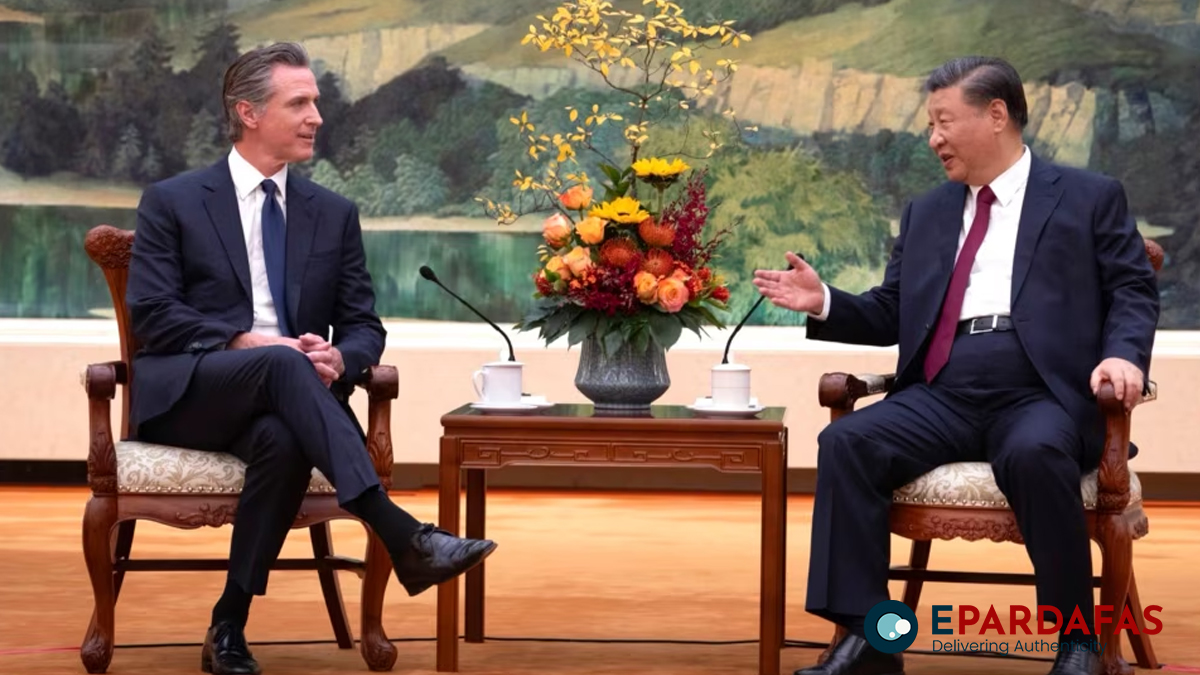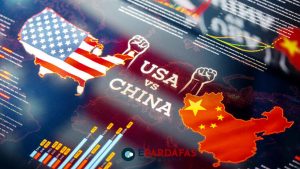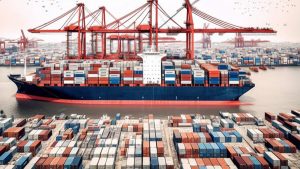
China’s Influence Operations Target U.S. Local Officials, Sparking Security Concerns

When California Governor Gavin Newsom visited China in 2023, he was warmly received by senior Chinese officials, including President Xi Jinping. During the visit, Newsom praised China’s advancements in green energy, calling its electric bus systems “inspirational” and affirming California’s commitment to being a “long-term, stable, and strong partner” with China.
Newsom’s visit underscores Beijing’s growing strategy of targeting U.S. state and local officials to bypass federal oversight. A recent report by the Foundation for Defense of Democracies (FDD) highlights how these efforts pose risks to the U.S. economy and national security.
The report, The Near Enemy: China’s Subnational Reach Into the United States, outlines Beijing’s tactics, which include fostering economic ties, cultural exchanges, and partnerships with local governments. This approach exploits the division of responsibilities in the U.S. federal system, where national security is a federal matter, and local governments focus on economic development and public services.
By building relationships at the local level, Beijing bypasses federal scrutiny. For instance, Arkansas Governor Asa Hutchinson emphasized the importance of local cooperation with China during a 2018 National Association of Governors event, even as U.S.-China tensions escalated during the trade war.
One key tool in Beijing’s strategy is the Chinese People’s Association for Friendship with Foreign Countries (CPAFFC), which oversees 277 “sister city” partnerships between U.S. and Chinese municipalities. While these partnerships are officially framed as cultural and economic exchanges, they often serve to promote Beijing’s policies and expand its influence.
The report also highlights cases of direct infiltration. In 2023, Linda Sun, a former deputy chief of staff for New York Governor Kathy Hochul, was indicted for acting as an agent of the Chinese government. She allegedly used her position to prevent meetings between U.S. and Taiwanese officials.
Economic investments by Chinese state-owned enterprises like CRRC and BYD further deepen Beijing’s influence. CRRC, which has ties to the Chinese military, supplies rail vehicles to cities like Chicago and Boston. BYD operates facilities in California, Indiana, and New Jersey, and has sold products to numerous states while fostering relationships with local officials.
Educational and media initiatives also play a role. Confucius Institutes and Classrooms in U.S. schools and universities promote Chinese state narratives, while Beijing funds cultural events and partnerships with American academic institutions. State-sponsored media like China Daily publish content in major U.S. outlets to shape favorable narratives.
Beijing’s multi-faceted approach has allowed it to bypass federal safeguards and embed itself in U.S. local governance, raising concerns about national security vulnerabilities. As these efforts grow, addressing them will require greater vigilance and coordination between federal and local authorities.












Comments